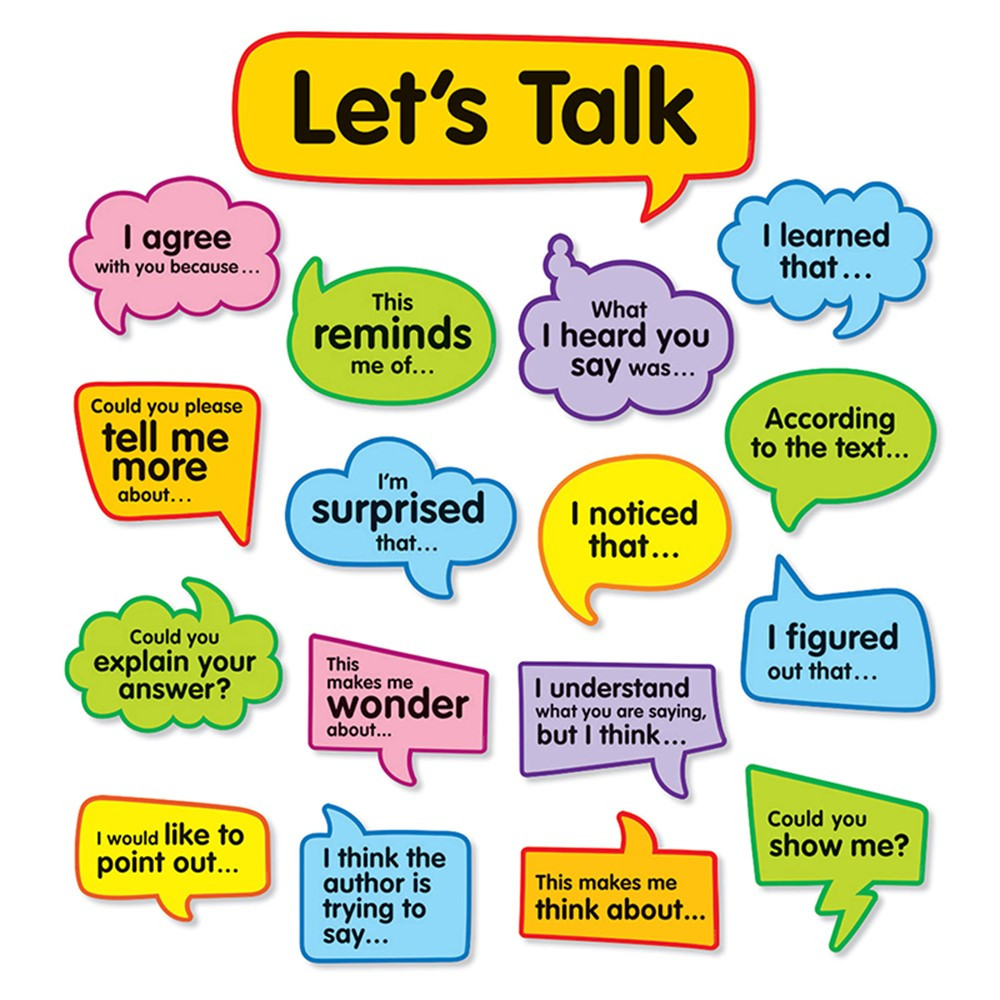learning Essential English Conversation Starters
Feel free to use these answers as examples and tailor your responses based on your experiences and preferences. These conversation starters can help you engage in meaningful discussions with others.
- Question: "How's your day going?"
- Answer: "It's been pretty good, thanks. I had a productive morning at work."
- Question: "What do you like to do in your free time?"
- Answer: "I enjoy reading, walking, and watching movies when I have some downtime."
- Question: "Have you been on any interesting trips recently?"
- Answer: "Yes, I went to the mountains last month. The scenery was breathtaking!"
- Question: "What's your favourite type of food?"
- Answer: "I love Italian food, especially pasta and pizza. How about you?"
- Question: "Do you have any hobbies or interests you're really passionate about?"
- Answer: "I'm really into photography. I spend a lot of time capturing moments."
- Question: "What's the last book you read or movie you watched?"
- Answer: "I recently finished reading 'The Great Gatsby,' and watched 'Inception' last night."
- Question: "Tell me about your family.
- Answer: "I have a younger sister and both my parents. We're a close-knit family, and I cherish our time together."
- Question: "What kind of music do you enjoy listening to?"
- Answer: "I like various music, but rock and pop are my favourites. I'm a big fan of bands like Coldplay and Queen."
- Question: "What's the best piece of advice you've ever received?"
- Answer: "My grandfather once told me, 'Always treat others how you want to be treated.' It's something I've carried with me."
- Question: "If you could travel anywhere in the world, where would you go?"
- Answer: "I've always wanted to visit Japan. The culture and history there fascinate me."
- Question: "What's the most memorable event from your childhood?"
- Answer: "One of my favourite memories is our family camping trips in the summer. We had so much fun by the campfire."
- Question: "What's your dream job or career?"
- Answer: "I've always wanted to be a marine biologist. Exploring the oceans and studying marine life would be a dream come true."
- Question: "Do you follow any sports or have a favourite team?"
- Answer: "I'm a huge basketball fan supporting the Chicago Bulls. I try to catch their games when I can."
- Question: "What's a skill you'd like to learn in the future?"
- Answer: "I've always wanted to learn to play the guitar. It's on my bucket list."
- Question: "What's your favourite season, and why?"
- Answer: "I love the fall. The colours, cool weather, and pumpkin spice make it so cosy and enjoyable."
While basic conversation starters can be very useful, it's equally important to be a good listener and respond thoughtfully to what others say. Effective communication is a two-way street, and the goal is to create meaningful and engaging conversations that benefit all participants.

Why Do We Need To Learn Conversation Starters?
Learning basic conversation starters is valuable for several reasons:
-
Building Relationships: Effective communication is essential for forming and maintaining relationships. Simple conversation starters can help break the ice and establish connections with people you meet, whether in social, professional, or personal settings.
-
Overcoming Social Anxiety: For individuals who may struggle with social anxiety, having a set of conversation starters can provide a sense of security and confidence in social situations. It helps them initiate conversations without feeling overwhelmed.
-
Networking: In professional settings, knowing how to start a conversation can be crucial for networking and building business relationships. It can open doors to new opportunities and collaborations.
-
Making a Positive First Impression: First impressions are often formed within the first few seconds of meeting someone. Engaging in a friendly and interesting conversation using these starters can help leave a positive impression.
-
Enhancing Communication Skills: Learning basic conversation starters can improve your overall communication skills. It encourages you to listen actively, ask follow-up questions, and be an engaged and empathetic conversationalist.
-
Navigating Unfamiliar Situations: When entering new environments or social circles, having conversation starters ready can help ease the transition and make you feel more comfortable.
-
Cultivating Curiosity: Using conversation starters can promote curiosity and a genuine interest in others. It encourages you to learn more about people's lives, experiences, and perspectives.
-
Breaking Awkward Silences: Awkward silences can be uncomfortable in social situations. Having conversation starters on hand can help keep conversations flowing, preventing those awkward pauses.
-
Adapting to Diverse Audiences: Different people have different interests and preferences. Being well-versed in a variety of conversation starters allows you to adapt to the preferences of your conversation partner.
-
Expanding Your Knowledge: Engaging in conversations with a wide range of people often exposes you to new ideas, perspectives, and experiences, which can broaden your horizons and knowledge.
Remember that while basic conversation starters can be very useful, it's equally important to be a good listener and respond thoughtfully to what others say. Effective communication is a two-way street, and the goal is to create meaningful and engaging conversations that benefit all participants.
